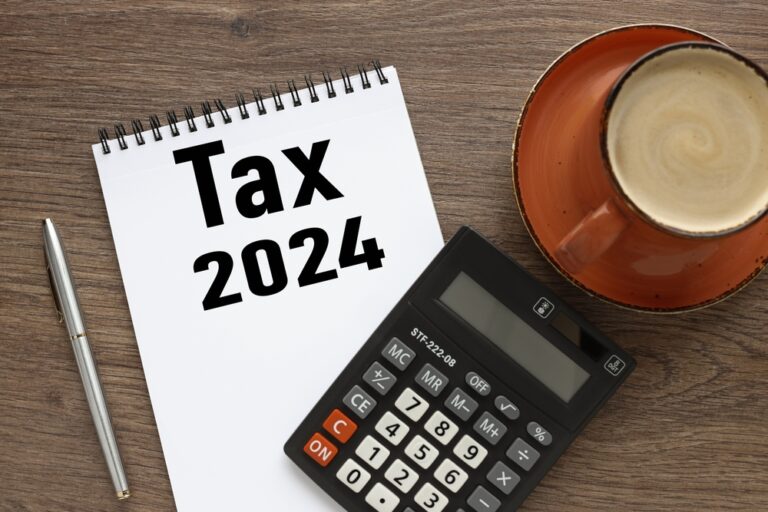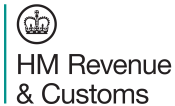Incorporating A Company
When starting a business, it is usually as self-employed or as a partnership. As the business grows, working through a company may be considered for several reasons (limited liability being one of the more important).
Tax is no longer a precursor to incorporation. Until recently, the tax rate for companies was low compared with remaining self-employed or in a partnership.
However, over the past few years, tax rates have become increasingly realigned such that depending on the profit level and how withdrawals are made, together with the increase in corporation tax rates as of 6 April 2024, it may no longer be tax-beneficial to be incorporated. Every situation is different, and calculations are the only way to decide.
Incorporation Relief
Incorporation involves disposing of a self-employed or partnership business to a new company (new entity). The self-employed business ceases, which may lead to profit distortions in the final period if careful planning is not undertaken. There is also a capital gains tax (CGT) charge because the business being transferred (including any business assets) will have value. In practice, even businesses with no tangible assets will carry value due to goodwill. However, a claim to incorporation relief (IR) can defer (roll over) any CGT charge until the shares are eventually sold.
The conditions are very specific, namely:
- The business transferred must be a ‘going concern’.
- All assets of the business (with the possible exception of cash) must be transferred.
- The consideration for the transfer of the business assets must be satisfied wholly or partly by the issue of shares to the sole trader or partnership.
Note that it is a ‘business’ that is being transferred and not a trade; this allows investment-type activities to be incorporated as long as the business is being run commercially.
If the consideration is only partly satisfied by shares (the balance possibly being in cash or as amounts left outstanding on the director’s loan account), then the gains rolled over are restricted to the value relevant to the shares, with the balance becoming immediately chargeable to CGT. The rolled over gain is then deducted from the cost of the shares such that the gain on sale comprises the amount of gain rolled over and the gain made on the increase (if any) of the final sale price over the market value at the time of incorporation.
If it is intended not to transfer some assets (e.g., where the business assets include land or buildings which remain in the ownership of the business proprietor to avoid stamp duty land tax (SDLT) or the devolved equivalent), then other CGT reliefs should be considered such as business asset disposal relief or gift relief (although these also have conditions). IR is applied automatically and must be formally disapplied, and CGT paid.
One reason why it might be decided to disapply is where another relief is preferred, e.g., where shares in the company are sold within one year of incorporation and, as a consequence, entrepreneurs’ relief could not be claimed. The disapply election must be made by 31 January, two years later than the normal filing date for the tax return covering the year of incorporation (e.g., for a transfer made in 2022/23, the deadline is 31 January 2026). The deadline is shortened by a year should the shares be sold in the year after incorporation.






